| If you can’t see this message,{readonline}click here{/readonline} All past FlashNews and Newsletters are online here: E-Newsletter
Dear InterPore colleagues, A very worrying trend observed in Dutch politics and some corresponding parts of society is the tendency to not believe scientific results. This disbelief is not based on scientific arguments that would disprove the results in question, but simply because these particular results are unfavorable. This has sadly led to well-known Dutch scientists being threatened, and I am afraid the Netherlands is not alone in this sense. Therefore I am happy that InterPore endorsed the ISC initiative of Science in Exile. An initiative aiming to help scientists being forced to stop their work. Of course, the cruel Russian war inflicted on Ukraine is a leading incentive for the initiative, and I also immediately think of the related danger to local science communities in Africa because of the threat of famine. Today’s Newsletter shows once more our thriving porous media community, with meeting reports, talks, opportunities to invite the KC lecturer, jobs on offer, etc. It is something to foster, as volunteers for the social media, volunteers for the DEI-committee, up to the next President-Elect (you can still apply to be nominated!) Stay safe, Matthijs de Winter
Editor-in-Chief
InterPore News 
InterPore Science Council News 
InterPore has endorsed the Science in Exile Declaration of the International Science Council. Through this, InterPore has joined efforts to advocate for the protection and support of at-risk, displaced and refugee scientists. Countless scientists are displaced each year by war, political instability, and human-made and natural disasters. Some are killed. Countries that once had well-established science communities and thriving research ecosystems have seen these weakened, even destroyed, by conflict, violence or repression. Scientists who survive such crises may be displaced internally, forced into exile in neighboring countries, or end up scattered far from their homes, without jobs and without prospects. The Science in Exile program is aiming to support scientists who find themselves in such situations. For more information, please visit the Science in Exile website.
The International Science Council (ISC) is a non-governmental organization with a unique global membership that brings together over 200 international scientific unions and associations as well as national and regional scientific organizations including academies and research councils. The vision of the ISC is science as a global public good. Scientific knowledge, data and expertise must be universally accessible and its benefits universally shared. The practice of science must be inclusive and equitable, also in opportunities for scientific education and capacity development. You can read more on the ISC’s vision in the following paper, Science as a Global Public Good. 
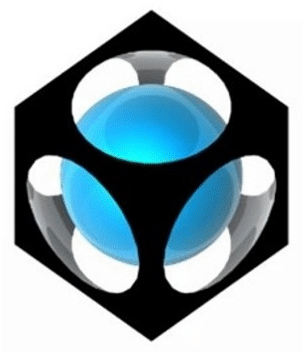 The nomination deadline for InterPore Elections is rapidly approaching. Candidates are needed for President-Elect, Council and Student Affairs Committee (SAC) members. The nomination deadline for InterPore Elections is rapidly approaching. Candidates are needed for President-Elect, Council and Student Affairs Committee (SAC) members.
Would you like to get more involved in InterPore activities, or know someone who would be a great candidate? Put forth your nominations now! More information on the committees involved and the election procedure can be found here. Nomination deadline: 1 July 2022. 
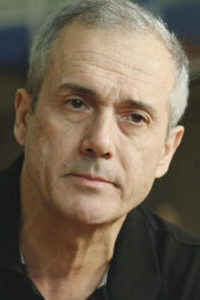 The Kimberly-Clark Distinguished Lecturer 2023 is Professor Adrian Bejan from Duke University, USA. Adrian Bejan was awarded the 2018 Benjamin Franklin Medal for “his pioneering interdisciplinary contributions in thermodynamics…and constructal theory, which predicts natural design and its evolution in engineering, scientific, and social systems.” More on his impressive resumé can be found on our website. The Kimberly-Clark Distinguished Lecturer 2023 is Professor Adrian Bejan from Duke University, USA. Adrian Bejan was awarded the 2018 Benjamin Franklin Medal for “his pioneering interdisciplinary contributions in thermodynamics…and constructal theory, which predicts natural design and its evolution in engineering, scientific, and social systems.” More on his impressive resumé can be found on our website.
His lecture, entitled: Vascular materials: Predicting Design Evolution, will focus on one of his major contributions: evolutionary design illustrated in the case of multiscale vasculature, a methodology that can be used generally to predict the evolution toward flow access, miniaturization, high density of heat transfer, and the scaling up (or down) of an existing design. (full abstract) How to host Adrian Bejan at your institutePlease visit our website for further information on how to apply. 
 The purpose of the Diversity, Equity and Inclusion (DEI) Committee is to ensure that the InterPore community harnesses the talent and knowledge from the widest possible pool of talent for the benefit of the porous media science and engineering. We believe it is necessary to leverage the vast breadth of human experience to find solutions that prevent the worst impacts of climate change and to create adaptive methods for the impacts we are already experiencing. The activities we are currently planning include promoting practices that make the InterPore environment such that every person fells valued, confident and excited to share their scientific achievements. The purpose of the Diversity, Equity and Inclusion (DEI) Committee is to ensure that the InterPore community harnesses the talent and knowledge from the widest possible pool of talent for the benefit of the porous media science and engineering. We believe it is necessary to leverage the vast breadth of human experience to find solutions that prevent the worst impacts of climate change and to create adaptive methods for the impacts we are already experiencing. The activities we are currently planning include promoting practices that make the InterPore environment such that every person fells valued, confident and excited to share their scientific achievements.
Below we introduce all of the inaugural members of the committee: 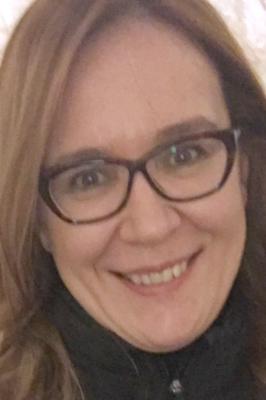 Chair: Tiina Roose (Estonia/UK) is a Professor of Biological and Environmental Modelling at the University of Southampton. Originally from Estonia where she did her undergraduate in systems engineering, she was trained as an applied mathematician in Oxford, first receiving her MSc and then DPhil/PhD at the Mathematical Institute. The aim of her work is to develop better mathematical models to describe how plants and soil interact, especially focusing on food security. This work, in addition to developing mathematical analysis tools, also involves experiments using X-ray based techniques (XCT, XRF, XANES) and microdialysis soil solutions sampling to parameterise and validate the models. Chair: Tiina Roose (Estonia/UK) is a Professor of Biological and Environmental Modelling at the University of Southampton. Originally from Estonia where she did her undergraduate in systems engineering, she was trained as an applied mathematician in Oxford, first receiving her MSc and then DPhil/PhD at the Mathematical Institute. The aim of her work is to develop better mathematical models to describe how plants and soil interact, especially focusing on food security. This work, in addition to developing mathematical analysis tools, also involves experiments using X-ray based techniques (XCT, XRF, XANES) and microdialysis soil solutions sampling to parameterise and validate the models.
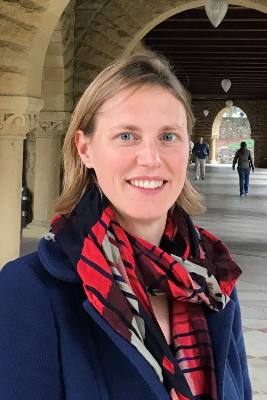 Maartje Boon (Netherlands) received a MSc in Hydrogeology from Utrecht University back in 2006. After her graduation, she moved to Greece, the USA, and the United Kingdom, and became a full-time mother of three children. In 2013 she was offered a PhD position at Imperial College which focussed on solute spreading and mixing in porous media. She earned her PhD in 2017 after which she moved to Stanford for a postdoc focussing on the impact of rock-structure heterogeneity on multi-phase flow properties and its implications for geological carbon sequestration. She is currently leading the ADMIRE Hydrogen Lab at TU Delft where the focus of her research is underground hydrogen storage. Maartje Boon (Netherlands) received a MSc in Hydrogeology from Utrecht University back in 2006. After her graduation, she moved to Greece, the USA, and the United Kingdom, and became a full-time mother of three children. In 2013 she was offered a PhD position at Imperial College which focussed on solute spreading and mixing in porous media. She earned her PhD in 2017 after which she moved to Stanford for a postdoc focussing on the impact of rock-structure heterogeneity on multi-phase flow properties and its implications for geological carbon sequestration. She is currently leading the ADMIRE Hydrogen Lab at TU Delft where the focus of her research is underground hydrogen storage.
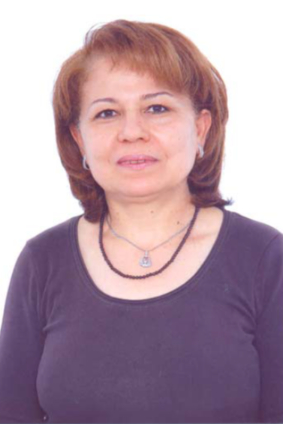 Rachida Bouhlila (Tunisia) is a graduate engineer from ENIT. She received her PhD in mechanics, option porous media, and is a graduate engineer from ENIT. She received her PhD in mechanics, option porous media, from INP Toulouse in 1984 and her “Doctorat d’état es-sciences” in hydraulic sciences from ENIT in 1999. She is currently a professor at ENIT and researcher at the National Engineering School of Tunisia, where she teaches hydraulics, hydrogeology and hydrogeochemistry and transfers in porous media. Her research interests include density-dependent flows and reactive transfers in saturated-unsaturated porous media, hydrogeology and hydrogeochemistry. She is the author of more than 140 scientific publications and has supervised more than 20 PhDs, and 80 MSc theses. Rachida Bouhlila (Tunisia) is a graduate engineer from ENIT. She received her PhD in mechanics, option porous media, and is a graduate engineer from ENIT. She received her PhD in mechanics, option porous media, from INP Toulouse in 1984 and her “Doctorat d’état es-sciences” in hydraulic sciences from ENIT in 1999. She is currently a professor at ENIT and researcher at the National Engineering School of Tunisia, where she teaches hydraulics, hydrogeology and hydrogeochemistry and transfers in porous media. Her research interests include density-dependent flows and reactive transfers in saturated-unsaturated porous media, hydrogeology and hydrogeochemistry. She is the author of more than 140 scientific publications and has supervised more than 20 PhDs, and 80 MSc theses.
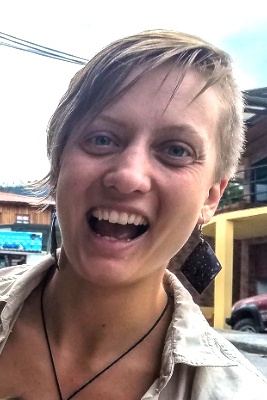 Anna Herring (US/Australia) works on advancing technologies used to fight climate change: storing carbon dioxide in permeable underground geologic formations and in solid minerals that can be used in construction applications. Her research is largely experimental, and utilizes highly-resolved X-ray tomography visualization of fluid flows (in gas, liquid, and supercritical phases) within permeable media, quantified via image processing and topological data analysis. Anna Herring (US/Australia) works on advancing technologies used to fight climate change: storing carbon dioxide in permeable underground geologic formations and in solid minerals that can be used in construction applications. Her research is largely experimental, and utilizes highly-resolved X-ray tomography visualization of fluid flows (in gas, liquid, and supercritical phases) within permeable media, quantified via image processing and topological data analysis.
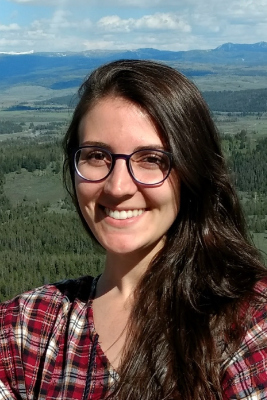 Talita Rosas Ferreira (Brazil) is a researcher at the micro- and nanotomography beamline, Mogno, at the 4thgeneration Sirius Synchrotron, at the Brazilian Centre for Research in Energy and Materials (CNPEM), located in Campinas. During her MSc and PhD in Physics at the State University of Ponta Grossa (Brazil), she studied physical properties of soils using laboratory experiments, imaging and associated image analyses. Currently, she focuses on using the main capabilities of the Mogno to tackle issues related to soils water movement, root growth, and physical structure of micro- and nanopores. Talita Rosas Ferreira (Brazil) is a researcher at the micro- and nanotomography beamline, Mogno, at the 4thgeneration Sirius Synchrotron, at the Brazilian Centre for Research in Energy and Materials (CNPEM), located in Campinas. During her MSc and PhD in Physics at the State University of Ponta Grossa (Brazil), she studied physical properties of soils using laboratory experiments, imaging and associated image analyses. Currently, she focuses on using the main capabilities of the Mogno to tackle issues related to soils water movement, root growth, and physical structure of micro- and nanopores.
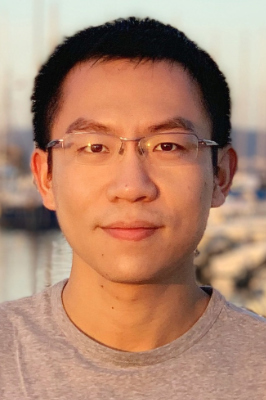 Yuhang Wang (China/Netherlands) is currently a postdoctoral researcher at the Delft University of Technology. He received a PhD degree from University of Wyoming in 2020. Prior to this, he completed his MSc degree at the University of Tulsa, and a BSc degree from China University of Petroleum-Beijing. His primary research interest is in the area of flow through permeable media relevant to subsurface geological systems. The aim of his work is to propose meaningful mathematical models which capture the underlying physics of the processes at work and to develop reliable and robust numerical frameworks to investigate the dynamics of flow across scales. Yuhang Wang (China/Netherlands) is currently a postdoctoral researcher at the Delft University of Technology. He received a PhD degree from University of Wyoming in 2020. Prior to this, he completed his MSc degree at the University of Tulsa, and a BSc degree from China University of Petroleum-Beijing. His primary research interest is in the area of flow through permeable media relevant to subsurface geological systems. The aim of his work is to propose meaningful mathematical models which capture the underlying physics of the processes at work and to develop reliable and robust numerical frameworks to investigate the dynamics of flow across scales.

 A number of changes are made with our volunteers managing the social media. Seunghan Song is resigning from his duties over the InterPore Facebook page, which he held since early 2018. InterPore is grateful for all the support he has provided over the last years and wishes him many successes in the years to come. A number of changes are made with our volunteers managing the social media. Seunghan Song is resigning from his duties over the InterPore Facebook page, which he held since early 2018. InterPore is grateful for all the support he has provided over the last years and wishes him many successes in the years to come.
The responsibilities for the Facebook page are taken over by Hamidreza Parsimehr, who had been running the InterPore Twitter account. And we’re happy to report that Elizabeth Barsotti has volunteered to run the Twitter account. Thank you, Hamidreza and Elizabeth, for stepping up and welcome on board! 
HINC kick-off meeting report  The HINC kick-off meeting and one-day conference have been hosted by the 13th Panhellenic Scientific Conference in Chemical Engineering 2022. The PSCCE took place at the University of Patras, June 2-4, 2022. On Friday, June 3, the Hellenic InterPore National Chapter had its kick-off meeting and elected the Steering Committee: - Chair: Marios Valavanides, University of West Attica (UniWA)
- Vice Chair: Christos Tsakiroglou, Inst. Chemical Engineering-Foundation of Research and Technology Hellas (ICE/HT-FORTH)
- Secretary: Andreas Yiotis, Technical University of Crete (TUC).
The Steering Committee will work towards expanding HINC’s network within the local porous media and applications community. A LinkedIn HINC group was set-up here. On Saturday, June 4, the Special Session on “Processes in Porous Media” took place and comprised 11 oral presentations. Click here to read the full report about the HINC kick-off meeting and one-day conference. 
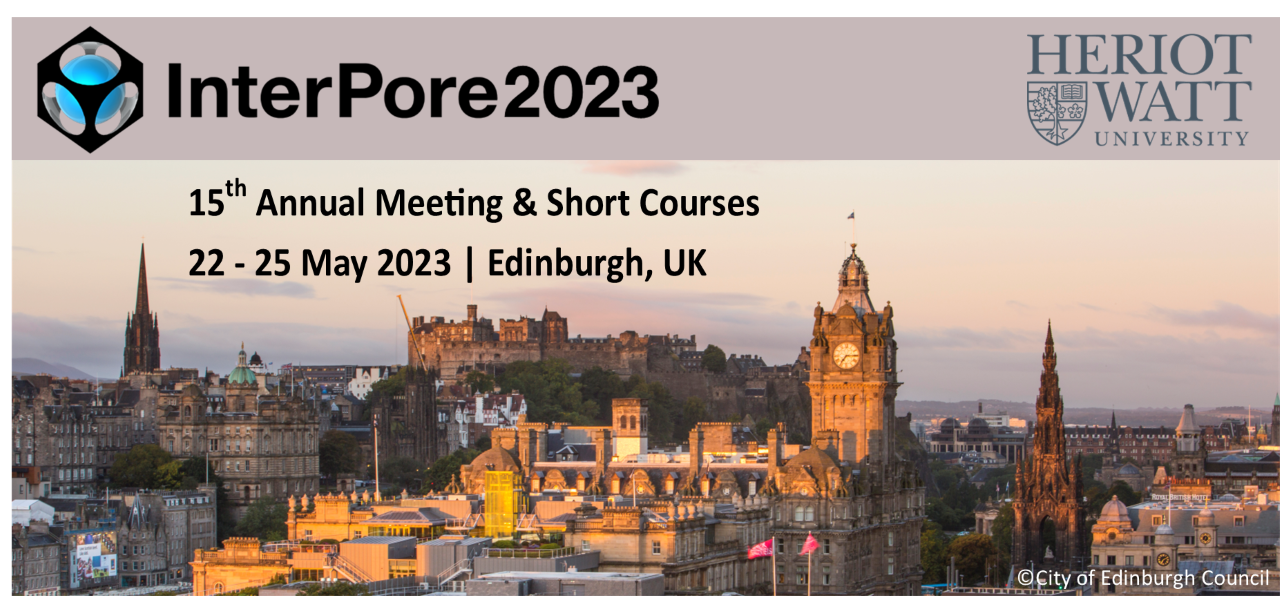
Now that InterPore2022 has officially ended, we’re already looking forward to 2023! Join us in Edinburgh for the 15th Annual Meeting from 22-25 May 2023. The Local Organizing Committee at Heriot Watt University, the Events and Program Committees, and the InterPore office already have plans under way. Announcements of the plenary and invited speakers will be made soon – stay tuned! 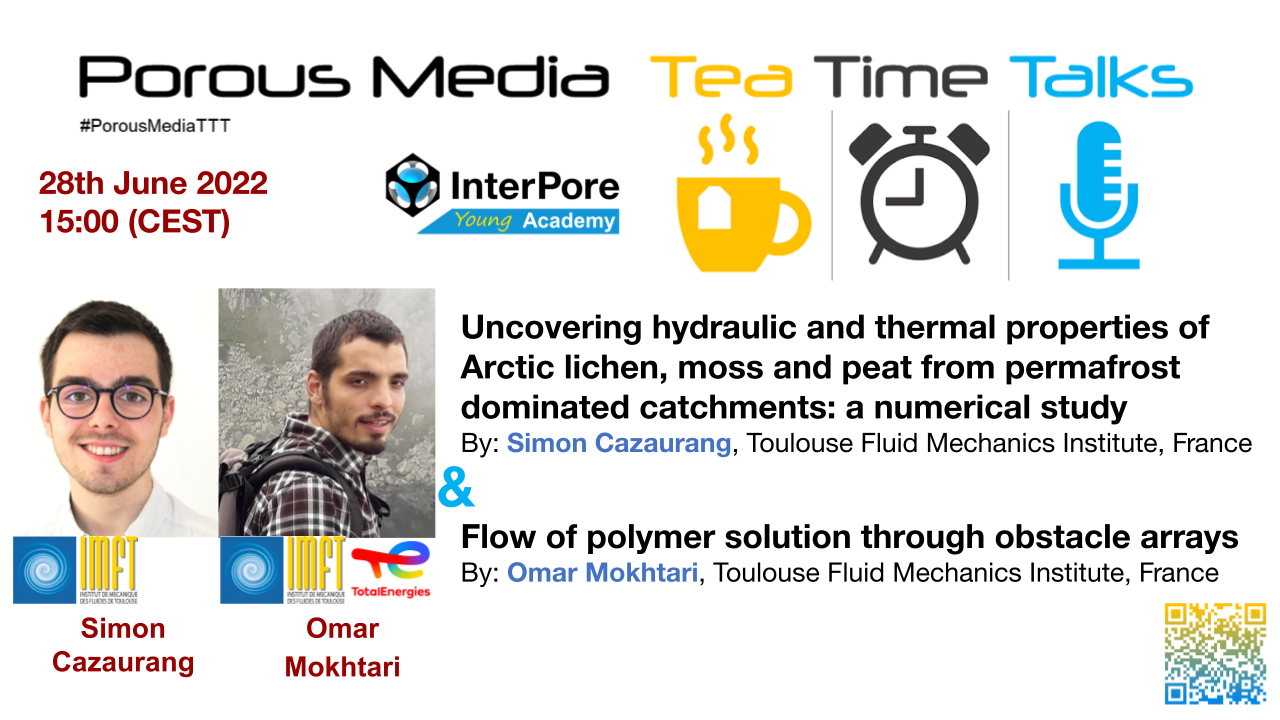
You are warmly invited to session 37 of the “Porous Media Tea Time Talks” webinars, part of the InterPore Young Academy. We are delighted to host Simon Cazaurang and Omar Mokhtari (Toulouse Fluid Mechanics Institute, France) on Tuesday, 28 June 2022. Join us at 15:00 CEST via live YouTube stream. 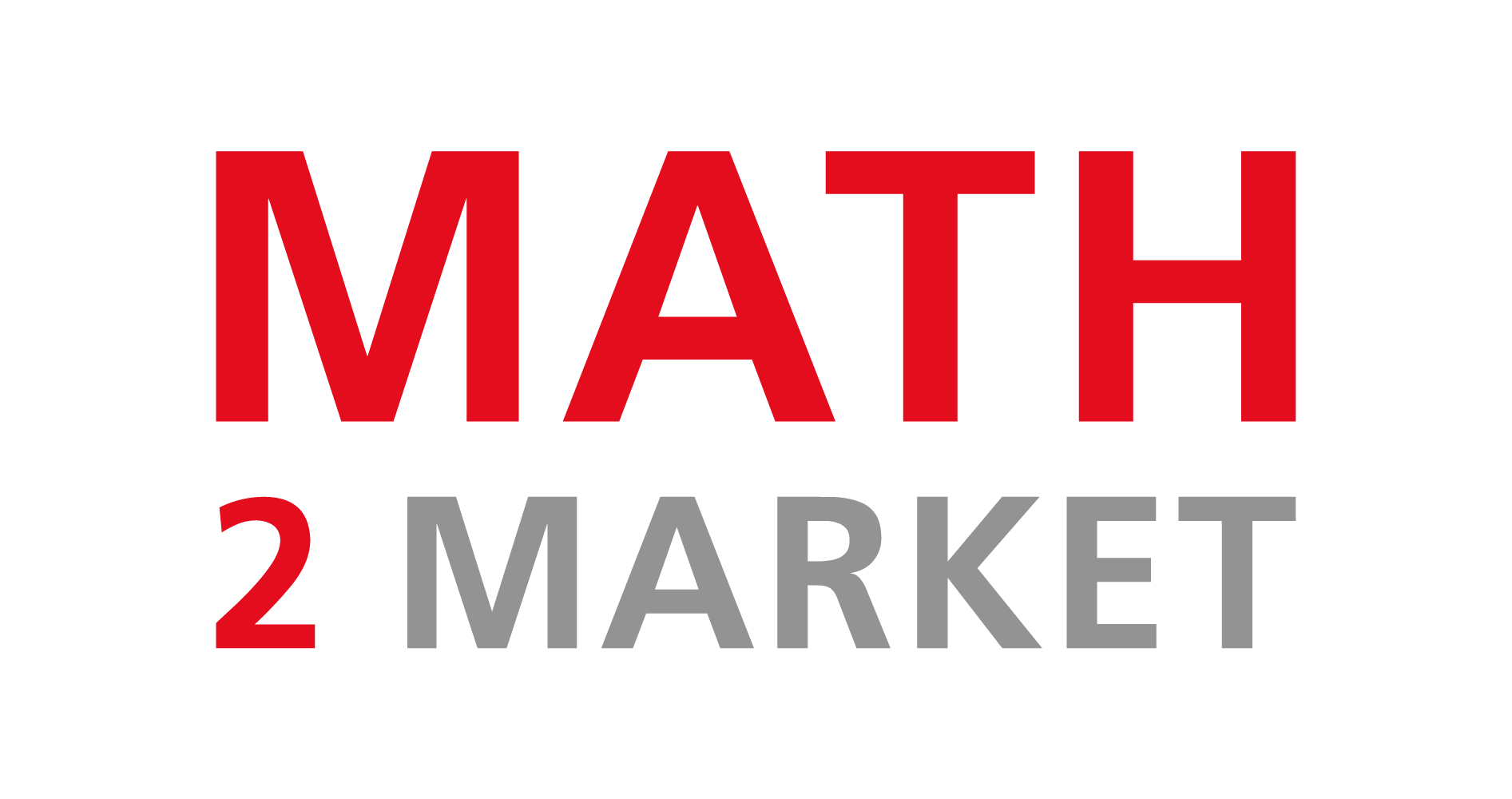 Math2Market GmbH develops software for simulating anything from subprocesses of manufacturing chocolate to crude oil production, allowing for engineering design of porous and composite materials, as well as predictive capability involving multi-physical processes. We are now 10-years old, and no longer a start-up, but a global player in the development of simulation software. In this Spotlight, we give an overview of how it all started and where we are positioned worldwide in simulation-related activities for the porous media community. We describe the significant technical features that make our GeoDict® software unique, versatile, and indispensable for simulation and prediction in the academic world and in industry. We even reveal the innovative directions in which we are pushing forward, be it trainable Neural Networks or intricate modeling of triply periodic minimal surfaces (TPMS) and lattices for Additive Manufacturing, and much more. Math2Market GmbH develops software for simulating anything from subprocesses of manufacturing chocolate to crude oil production, allowing for engineering design of porous and composite materials, as well as predictive capability involving multi-physical processes. We are now 10-years old, and no longer a start-up, but a global player in the development of simulation software. In this Spotlight, we give an overview of how it all started and where we are positioned worldwide in simulation-related activities for the porous media community. We describe the significant technical features that make our GeoDict® software unique, versatile, and indispensable for simulation and prediction in the academic world and in industry. We even reveal the innovative directions in which we are pushing forward, be it trainable Neural Networks or intricate modeling of triply periodic minimal surfaces (TPMS) and lattices for Additive Manufacturing, and much more.
The full Research Spotlight can be found here. InterPore Members, do you want to promote your publication to the community? If so, please submit your highlight to newsletter@InterPore.org. Note that we will not review the entries nor does InterPore endorse the published work. Furthermore, we publish on a “submitted first, published first” basis. The highlighted publication should be no older than 6 months (available online). The highlight should be short (500 characters) and contain an illustration. Please note that we offer this opportunity exclusively to InterPore members. If you would like to become a member, please have a look here. Post-doctoral positions
If you have a job opening in your institute and would like to promote it internationally, please send the description and weblink or PDF to newsletter@interpore.org, and we’ll be happy to add it to the list. | Date | Future InterPore annual meetings |
|---|
| 22-25 May 2023 | The 15th annual InterPore meeting (Edinburgh, United Kingdom) | | Spring 2024 | The 16th annual InterPore meeting (Qingdao, China) | | Spring 2025 | The 17th annual InterPore meeting (Albuquerque, New Mexico, USA) |

ImprintInterPore News, www.interpore.org
Published in electronic form by International Society for Porous Media (InterPore)
Circulated free of charge to members and non-members of InterPore. Articles and news items on the study and characterization of porous media,
especially when relevant to other types of porous media,
are welcomed for publication in this newsletter, issued twice a month. Contact us via newsletter@interpore.org. Editors
In order to unsubscribe from the InterPore{list:name}mailing list click here:{unsubscribe}unsubscribe{/unsubscribe} | |
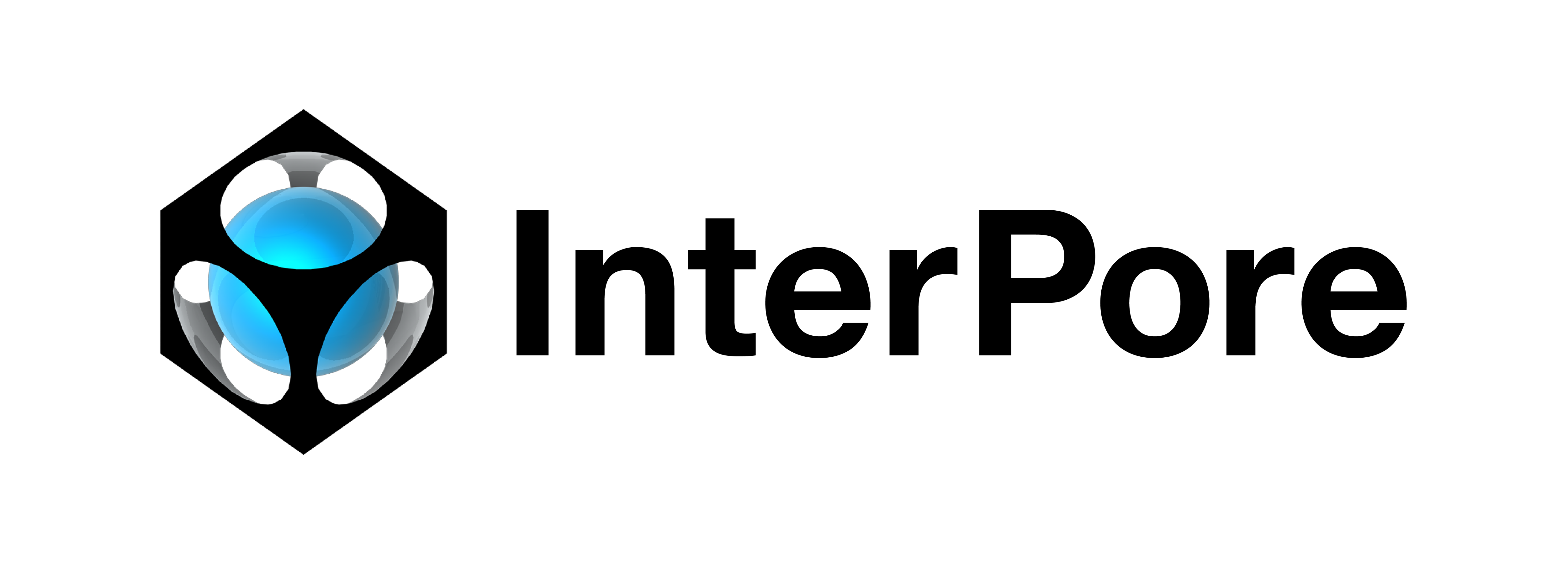
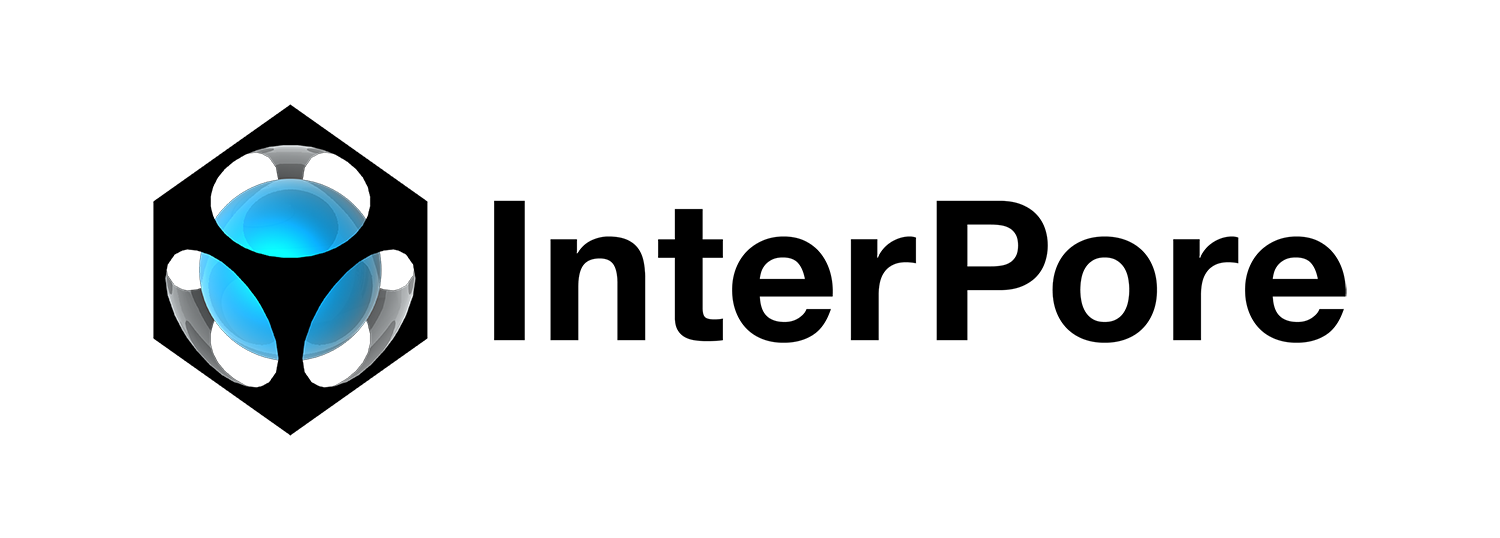



 The
The  Chair: Tiina Roose (Estonia/UK) is a Professor of Biological and Environmental Modelling at the University of Southampton. Originally from Estonia where she did her undergraduate in systems engineering, she was trained as an applied mathematician in Oxford, first receiving her MSc and then DPhil/PhD at the Mathematical Institute. The aim of her work is to develop better mathematical models to describe how plants and soil interact, especially focusing on food security. This work, in addition to developing mathematical analysis tools, also involves experiments using X-ray based techniques (XCT, XRF, XANES) and microdialysis soil solutions sampling to parameterise and validate the models.
Chair: Tiina Roose (Estonia/UK) is a Professor of Biological and Environmental Modelling at the University of Southampton. Originally from Estonia where she did her undergraduate in systems engineering, she was trained as an applied mathematician in Oxford, first receiving her MSc and then DPhil/PhD at the Mathematical Institute. The aim of her work is to develop better mathematical models to describe how plants and soil interact, especially focusing on food security. This work, in addition to developing mathematical analysis tools, also involves experiments using X-ray based techniques (XCT, XRF, XANES) and microdialysis soil solutions sampling to parameterise and validate the models. Maartje Boon (Netherlands) received a MSc in Hydrogeology from Utrecht University back in 2006. After her graduation, she moved to Greece, the USA, and the United Kingdom, and became a full-time mother of three children. In 2013 she was offered a PhD position at Imperial College which focussed on solute spreading and mixing in porous media. She earned her PhD in 2017 after which she moved to Stanford for a postdoc focussing on the impact of rock-structure heterogeneity on multi-phase flow properties and its implications for geological carbon sequestration. She is currently leading the ADMIRE Hydrogen Lab at TU Delft where the focus of her research is underground hydrogen storage.
Maartje Boon (Netherlands) received a MSc in Hydrogeology from Utrecht University back in 2006. After her graduation, she moved to Greece, the USA, and the United Kingdom, and became a full-time mother of three children. In 2013 she was offered a PhD position at Imperial College which focussed on solute spreading and mixing in porous media. She earned her PhD in 2017 after which she moved to Stanford for a postdoc focussing on the impact of rock-structure heterogeneity on multi-phase flow properties and its implications for geological carbon sequestration. She is currently leading the ADMIRE Hydrogen Lab at TU Delft where the focus of her research is underground hydrogen storage. Rachida Bouhlila (Tunisia) is a graduate engineer from ENIT. She received her PhD in mechanics, option porous media, and is a graduate engineer from ENIT. She received her PhD in mechanics, option porous media, from INP Toulouse in 1984 and her “Doctorat d’état es-sciences” in hydraulic sciences from ENIT in 1999. She is currently a professor at ENIT and researcher at the National Engineering School of Tunisia, where she teaches hydraulics, hydrogeology and hydrogeochemistry and transfers in porous media. Her research interests include density-dependent flows and reactive transfers in saturated-unsaturated porous media, hydrogeology and hydrogeochemistry. She is the author of more than 140 scientific publications and has supervised more than 20 PhDs, and 80 MSc theses.
Rachida Bouhlila (Tunisia) is a graduate engineer from ENIT. She received her PhD in mechanics, option porous media, and is a graduate engineer from ENIT. She received her PhD in mechanics, option porous media, from INP Toulouse in 1984 and her “Doctorat d’état es-sciences” in hydraulic sciences from ENIT in 1999. She is currently a professor at ENIT and researcher at the National Engineering School of Tunisia, where she teaches hydraulics, hydrogeology and hydrogeochemistry and transfers in porous media. Her research interests include density-dependent flows and reactive transfers in saturated-unsaturated porous media, hydrogeology and hydrogeochemistry. She is the author of more than 140 scientific publications and has supervised more than 20 PhDs, and 80 MSc theses. Anna Herring (US/Australia) works on advancing technologies used to fight climate change: storing carbon dioxide in permeable underground geologic formations and in solid minerals that can be used in construction applications. Her research is largely experimental, and utilizes highly-resolved X-ray tomography visualization of fluid flows (in gas, liquid, and supercritical phases) within permeable media, quantified via image processing and topological data analysis.
Anna Herring (US/Australia) works on advancing technologies used to fight climate change: storing carbon dioxide in permeable underground geologic formations and in solid minerals that can be used in construction applications. Her research is largely experimental, and utilizes highly-resolved X-ray tomography visualization of fluid flows (in gas, liquid, and supercritical phases) within permeable media, quantified via image processing and topological data analysis. Talita Rosas Ferreira (Brazil) is a researcher at the micro- and nanotomography beamline, Mogno, at the 4thgeneration Sirius Synchrotron, at the Brazilian Centre for Research in Energy and Materials (CNPEM), located in Campinas. During her MSc and PhD in Physics at the State University of Ponta Grossa (Brazil), she studied physical properties of soils using laboratory experiments, imaging and associated image analyses. Currently, she focuses on using the main capabilities of the Mogno to tackle issues related to soils water movement, root growth, and physical structure of micro- and nanopores.
Talita Rosas Ferreira (Brazil) is a researcher at the micro- and nanotomography beamline, Mogno, at the 4thgeneration Sirius Synchrotron, at the Brazilian Centre for Research in Energy and Materials (CNPEM), located in Campinas. During her MSc and PhD in Physics at the State University of Ponta Grossa (Brazil), she studied physical properties of soils using laboratory experiments, imaging and associated image analyses. Currently, she focuses on using the main capabilities of the Mogno to tackle issues related to soils water movement, root growth, and physical structure of micro- and nanopores. Yuhang Wang (China/Netherlands) is currently a postdoctoral researcher at the Delft University of Technology. He received a PhD degree from University of Wyoming in 2020. Prior to this, he completed his MSc degree at the University of Tulsa, and a BSc degree from China University of Petroleum-Beijing. His primary research interest is in the area of flow through permeable media relevant to subsurface geological systems. The aim of his work is to propose meaningful mathematical models which capture the underlying physics of the processes at work and to develop reliable and robust numerical frameworks to investigate the dynamics of flow across scales.
Yuhang Wang (China/Netherlands) is currently a postdoctoral researcher at the Delft University of Technology. He received a PhD degree from University of Wyoming in 2020. Prior to this, he completed his MSc degree at the University of Tulsa, and a BSc degree from China University of Petroleum-Beijing. His primary research interest is in the area of flow through permeable media relevant to subsurface geological systems. The aim of his work is to propose meaningful mathematical models which capture the underlying physics of the processes at work and to develop reliable and robust numerical frameworks to investigate the dynamics of flow across scales.




 Math2Market GmbH develops software for simulating anything from subprocesses of manufacturing chocolate to crude oil production, allowing for engineering design of porous and composite materials, as well as predictive capability involving multi-physical processes. We are now 10-years old, and no longer a start-up, but a global player in the development of simulation software. In this Spotlight, we give an overview of how it all started and where we are positioned worldwide in simulation-related activities for the porous media community. We describe the significant technical features that make our GeoDict® software unique, versatile, and indispensable for simulation and prediction in the academic world and in industry. We even reveal the innovative directions in which we are pushing forward, be it trainable Neural Networks or intricate modeling of triply periodic minimal surfaces (TPMS) and lattices for Additive Manufacturing, and much more.
Math2Market GmbH develops software for simulating anything from subprocesses of manufacturing chocolate to crude oil production, allowing for engineering design of porous and composite materials, as well as predictive capability involving multi-physical processes. We are now 10-years old, and no longer a start-up, but a global player in the development of simulation software. In this Spotlight, we give an overview of how it all started and where we are positioned worldwide in simulation-related activities for the porous media community. We describe the significant technical features that make our GeoDict® software unique, versatile, and indispensable for simulation and prediction in the academic world and in industry. We even reveal the innovative directions in which we are pushing forward, be it trainable Neural Networks or intricate modeling of triply periodic minimal surfaces (TPMS) and lattices for Additive Manufacturing, and much more.

